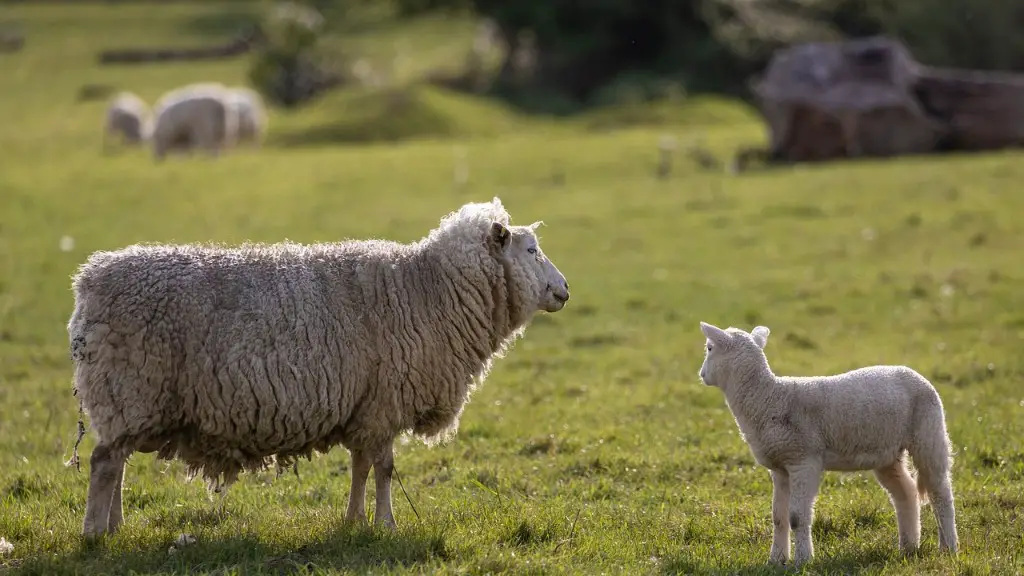Transgenic organisms (TOs) are organisms that have been genetically modified in order to induce certain desirable traits. In agriculture, TOs are used to promote crop yield and to make them more resistant to drought, pests and diseases. This technology is a relatively new development and has been gaining more attention with their application in many different domains of farming.
In terms of crop yield, TOs can be used to produce more fruits, vegetables and grains in a shorter period of time. By introducing new genes from another species, plants can be altered to produce more fruits or larger grains. Through this, it is possible to increase the crop yield for a given farm in just a single harvest. Moreover, TOs can also be used to produce improved crop varieties that have higher nutritional values or better taste.
In terms of pest management, TOs provide a cost-effective alternative to chemical and synthetic pesticides. By introducing specific genes into plants, farmers can create pest-resistant varieties that will not require the application of chemicals and synthetic fertilizers. This can improve the overall health of the environment and soil quality, as well as reducing the costs associated with chemical and synthetic inputs.
In terms of drought resistance, TOs can also increase the ability of plants to survive and grow under harsher conditions. By introducing either drought-tolerant genes or genes that reduce water loss, plants can better adapt to changing weather patterns. This can help farmers to reduce the amount of water they use while still achieving the same productivity levels.
Finally, TOs can also be used to produce crops with improved disease-resistance capabilities. By introducing certain genes that are resistant to certain diseases, crops can produce better yields even when infected with a particular virus or fungus. This can be useful in some areas that experience recurrent outbreaks of diseases that can be devastating for crops.
Benefits of Transgenic Organisms in Agriculture
Transgenic organisms provide many benefits that are particularly relevant to agriculture. These benefits include improved crop yield, more efficient pest management, increased drought resistance, and improved disease resistance. Through the introduction of specific genes, plants can produce larger yields, be more resistant to pests and diseases, and better adapted to changing climates.
Limitations of Transgenic Organisms in Agriculture
Despite their many potential benefits, there are also several limitations that have been highlighted when it comes to the use of TOs in agriculture. These include potential environmental impacts, potential effects on non-target organisms, and potential health risks. As with any new technology, there is always a risk of unforeseen consequences, which can have a negative impact on either the environment or people’s health.
Regulations and Ethical Considerations
In addition to the potential risks, the use of transgenic organisms in agriculture is also subject to certain regulations and ethical considerations. These include the safety of the environment, the accuracy of labelling, and consumer choice and informed consent. Governments, organizations and consumers need to be aware of the potential risks associated with TOs and ensure that they are properly monitored and regulated.
Concerns About Transgenic Organisms in Agriculture
In addition to the potential risks, there are also several concerns that have been raised when it comes to TOs in agriculture. These include the potential long-term impacts on the environment, their potential to reduce genetic diversity, and the potential for gene transfer. These are all important issues that need to be carefully considered before TOs are used in any agricultural setting.
Recent Trends in Transgenic Organisms
Although there are still many unanswered questions and concerns about the use of transgenic organisms in agriculture, there have been several recent developments that have made TOs more widely-available. Companies such as Monsanto and Syngenta have been leading the way with their efforts to develop and commercialize GM crops. Furthermore, there has been an increased focus in the scientific community on researching how these technologies can be leveraged in a more responsible manner.


